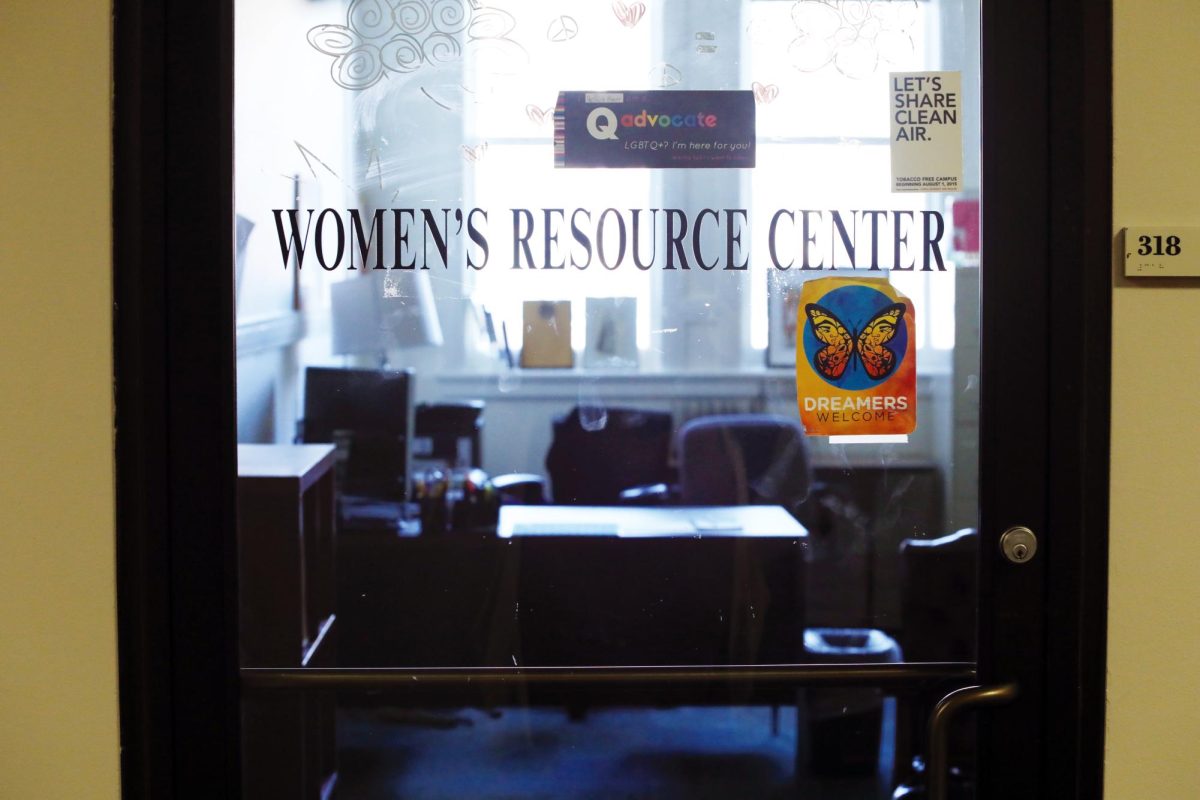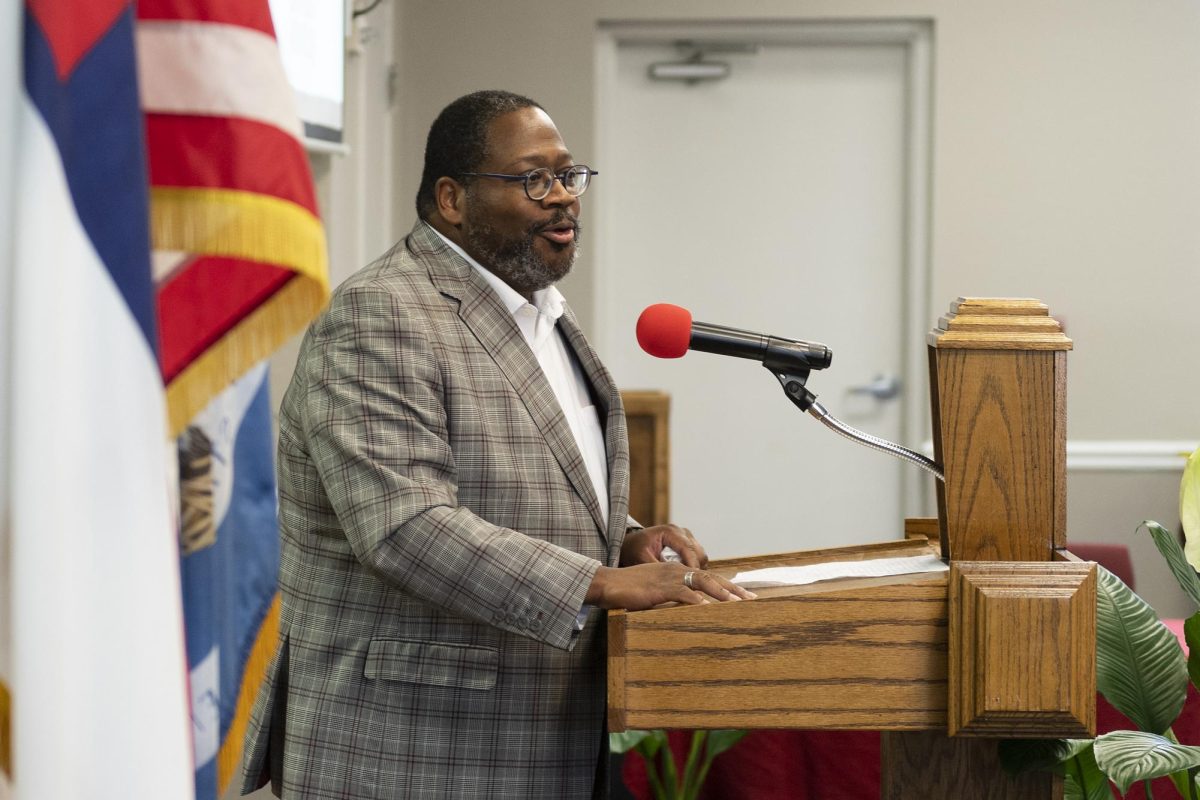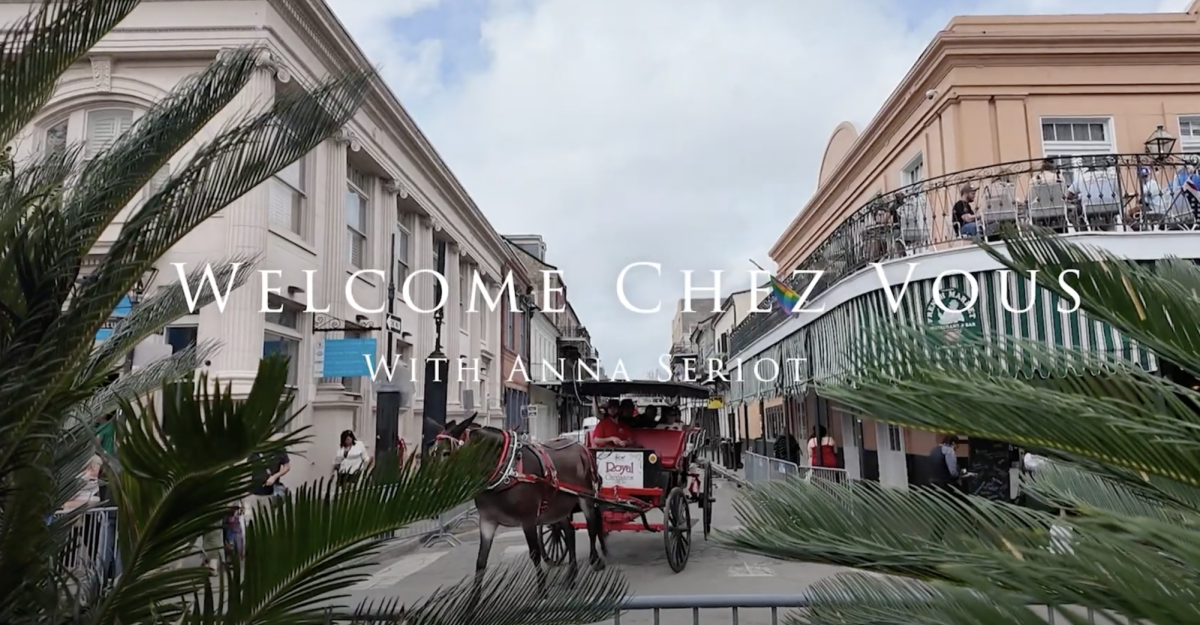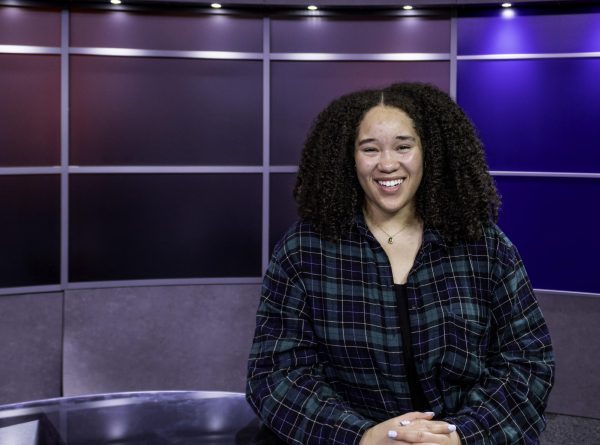After nine years, Patricia Boyett is leaving her position as director of the Women’s Resource Center.
Formerly a visiting professor at Loyola, she became director of the WRC in 2015 after being recommended by the former director, Sarah Butler. She is currently an associate professor of history with a focus on gender and race in her research.
As the director, Boyett has had many achievements, but she is particularly excited about a panel at the Peace Conference called “Remember Afghanistan,” which aims to bring together women’s rights activists and provide more global connections for the center.
During her time as director, she has overseen many feminist events for Women’s History Month, turning a magazine into a podcast, and helped to run both Empower Her, a panel that allows successful African American women to discuss how they navigated racial and gender obstacles in their lives, and Take Back the Night.
Take Back the Night, which started at Loyola in the ‘90s, has been run by the WRC, the UCC, the Women’s Studies Minor, and the Office of Mission and Identity to respond to sexual assault on campus. The event stands up against sexual violence and gender-based violence and provides an opportunity for survivors to speak up.
Boyett is the chair of the committee for the event and helps Loyola collaborate with other schools and organizations.
Each year, there is a keynote speaker who is a student at one of the participating universities and a survivor of gender violence. Survivors are encouraged to stand up and speak up about their experiences in a place where no media is present to ensure that everyone’s privacy is protected.
According to Boyett, there have been more reports of sexual violence made after Take Back the Night, highlighting how impactful this event is for many people on campus.
Boyett has said that working with professor Negina Khalili, associate director of the WRC, and the students has been the most rewarding aspect of being director.
She remarked that seeing students succeed after school and seeing a feminist space created on campus was the most gratifying part of her job.
The most challenging part that Boyett has to overcome as the director is balancing the different workloads from her three jobs as a professor, director, and unofficial office manager of the WRC. This is why she is leaving her position as director. By leaving the WRC, she would still be able to contribute while focusing on her research.
She hopes that, in the future, the WRC will be able to expand and be able to employ more people to make it more successful and have more of a global outreach.
Boyett hopes that she will be able to still contribute to the WRC and help create a network of all the women who have been involved with the center to form a global network so the center can help more people around the world.
Additionally, she has a proposal for a social justice center that involves the WRC and different social justice organizations on campus which will have more perspective and networking opportunities available.
She plans to continue contributing to the WRC and use her extra time to do more research that her schedule didn’t allow her to do. She also plans to continue writing her second book, a follow-up to “Right to Revolt: The Crusade for Racial Justice in Mississippi’s Central Piney Woods.”
While she feels that her leaving the WRC is bittersweet, she believes that she is fortunate to work with so many extraordinary students and she aspires to continue to help create a global network of feminists at Loyola.













